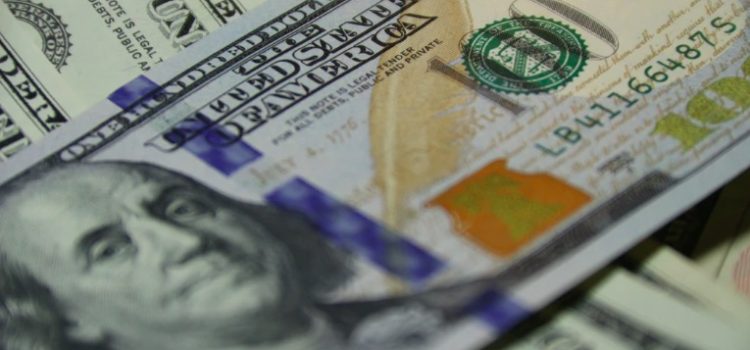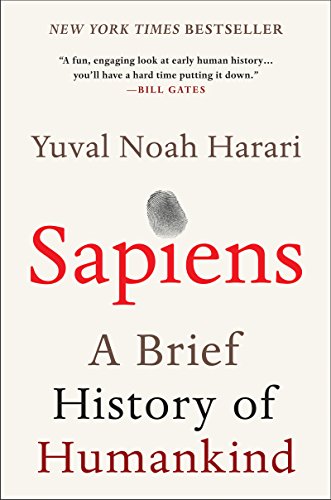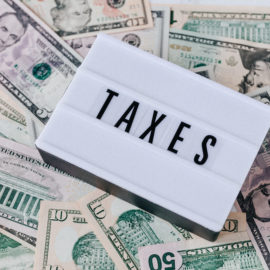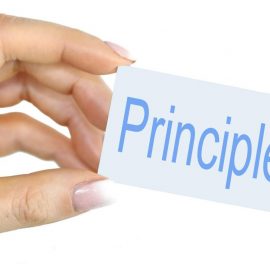

This article is an excerpt from the Shortform summary of "Sapiens: A Brief History of Humankind" by Yuval Noah Harari. Shortform has the world's best summaries of books you should be reading.
Like this article? Sign up for a free trial here .
A dollar bill is just a piece of paper. Why is a piece of paper with Alexander Hamilton’s or Benjamin Franklin’s face on it worth more than the paper of books filled with words? In other words, why does money have value? How does money get its value?
Money has value because we all believe it’s valuable. We trust other people value it, and trust is the foundation of our economic system.
We’ll cover the varying values of ancient currencies, the role of mutual trust, and the difference between inherent and noninherent value in money.
The Value of Money
Cattle, animal skins, grain, salt, beads, and cloth have all been used as currency in various cultures and time periods. While we think of coins and banknotes when we think of money, these are actually rare forms of currency today. Of the $60 trillion in the world, only $6 trillion of that sum is made up of material currency. Over 90% of all money exists only as electronic data on computer servers. Why does money have value?
Inherent v. Noninherent Value
The first key to answering the question Why does money have value? is the concept of inherent and noninherent value.
The first types of money, like barley in Sumer in 3000 BC, had inherent value because it was edible. However, the most common forms of money, the currencies used because for ease of storage and transport, like shells, dollars, and silver, don’t have any inherent worth.
Take silver, for example. You can’t eat it. You can’t make clothes or shelter from it. It’s far too soft to be used in tools. What’s it good for? Why does it have value? We use it in jewelry, luxury goods that display to others our social status, but it has no value beyond its value as a status symbol. It’s valuable because we all believe it’s valuable.
A System of Mutual Trust
So, why would anyone trade a bag of rice, something that has inherent value as a source of nutrition, for something as useless as a chunk of soft metal, a shell, or some pieces of green paper? Why do we place so much importance on them?
Because we trust other people value it too. This is the second key concept ot answering the question Why does money have value? Trust is the foundation of our economic system. You believe that the piece of colored paper that is the dollar bill has value because your neighbor believes it has value. And your neighbor believes it has value because you believe it has value. And you both believe it has value because your government believes it has value and demonstrates this by requiring you to pay your taxes with it.
Bills and coins that bear the identification marks of the kingdom or government, modeled after the first coins made in western Anatolia in 640 BC, give the currency value because they show that an authority can guarantee them. If you trust the king, you can trust the currency with his stamp on it.
Our financial system is entirely dependent on this mutual trust. Without it, the dollar bill is just a piece of paper. This crucial element of trust binds our financial system to our political and ideological systems. When we lose trust in our leaders, the people and systems giving value to our money, we lose trust in the value of money. We momentarily stop believing in the collective fiction (and the stock market takes a plunge).
———End of Preview———

Like what you just read? Read the rest of the world's best summary of "Sapiens" at Shortform . Learn the book's critical concepts in 20 minutes or less .
Here's what you'll find in our full Sapiens summary :
- How Sapiens outlived and outlasted the 8+ other human-like species on Earth
- The 3 critical revolutions in human existence that led to our domination of the planet
- How much of what powers our world today is really just a shared mass delusion
- What the future of humanity might look like






